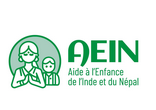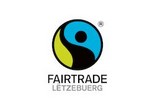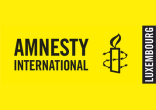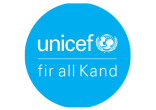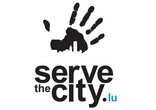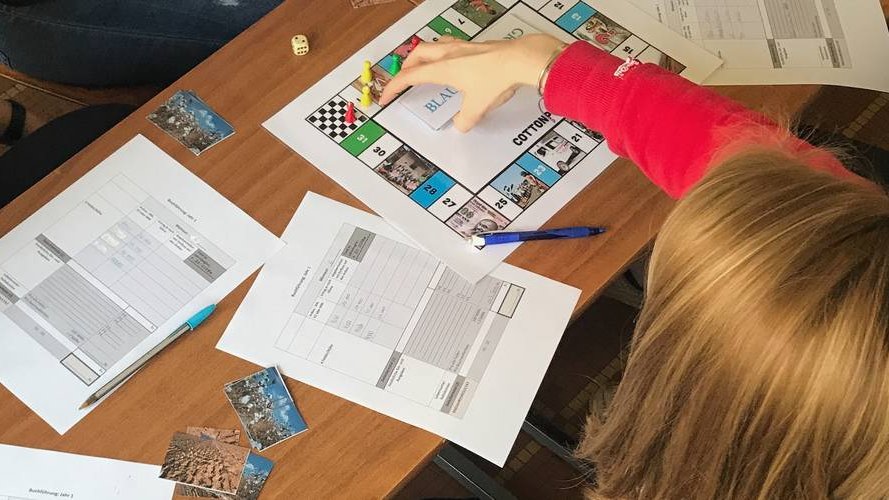
Let’s Play Cottonpoly !
AEIN’s fun lesson for Luxembourgish students on the back-story of Indian cotton
Cotton is the most used plant-based natural fibre in the world. Not only are cotton clothes comfortable and durable, but they can also control the moisture on your skin, protect you from harsh heat or cold and rarely cause you a skin allergy. It’s no surprise then that 100% cotton is a good deal more expensive than fabrics that are made with other fibres.
But what do we really know about this fibre ? An important part of our wardrobe, home-decor and countless other uses, the origins of Cotton dates back to more than 6000 years ago in the Indian subcontinent. Today, India continues to be a large producer of cotton, supplying cotton fibres to Europe’s cotton industries.
Cotton farming, though, is not without its challenges. Cotton farmers in India have a rough road ahead every year - from a deteriorating quality of soil, poor irrigation, a heavy reliance on pesticides, rising debts and fluctuating market prices - just to name a few of their difficulties. To top that, modern technology is severely lacking in this industry, making cotton picking mostly a manual task.
Aide à l’Enfance de L’Inde et du Népal (AEIN) has created a unique lesson for schools in Luxembourg, to sensitise them on this important fibre. Interactive workshops are conducted with high-school students, where an AEIN member teaches students about cotton production in India.
Important questions are raised and together students try to find alternatives or solutions - What is cotton and how is it planted ? Who benefits from cotton production ? What is genetic engineering ? What are alternatives to conventional planting of cotton ?
In the second phase of the workshop, the student is put into the shoes of the Indian cotton farmer - through the game Cottonpoly. Loosely based on the board-game Monopoly, students get to understand the difficulties a farmer faces with every move they take in the game. What is he planting ? How will the climate influence him today ? Will the world market price and social-cultural conditions be favourable for this year’s income ? Will he make enough to feed his family ? Is his agricultural small business economically viable ? What prevents him from making a living ?
Hard questions, all packaged into a board game.
By the end of the workshop, students understand the industry and it’s consequences and recognise the global effects on our consumption behaviour. An important step to sensitising our next generation towards a more sustainable future.
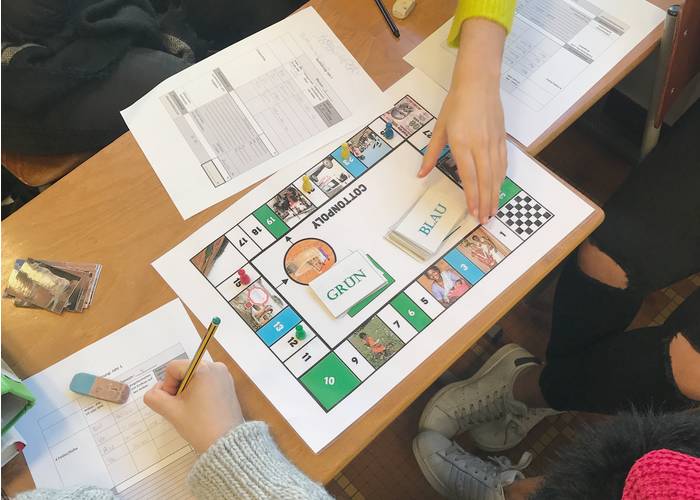
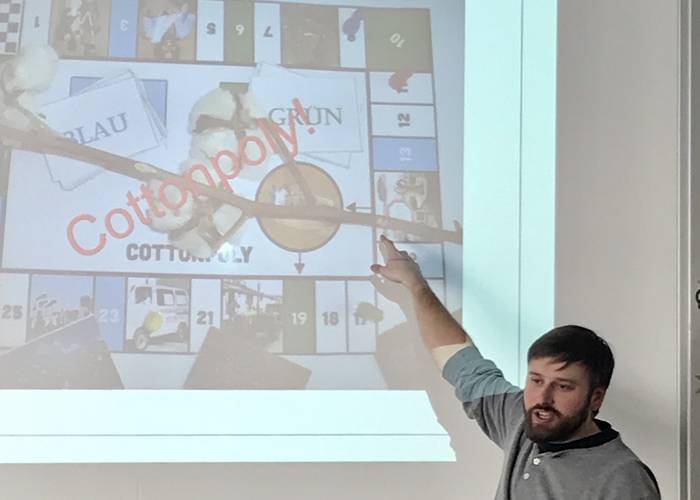
If you would like to set up a Cottonpoly workshop, contact www.aein.lu

